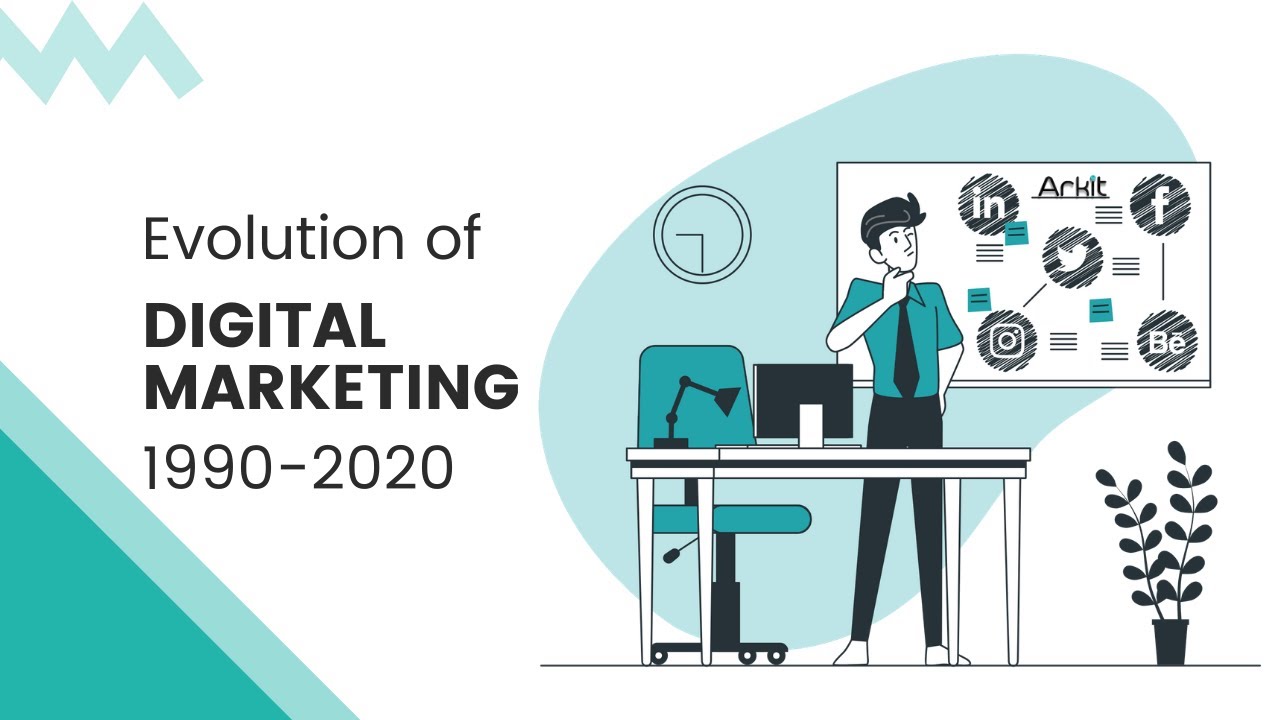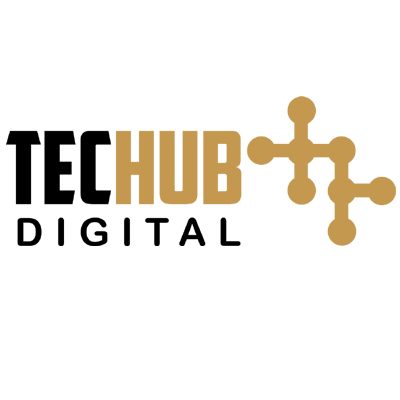
Many brands and businesses now consider a solid digital marketing strategy to be crucial to their success. This groundbreaking method of connecting with customers has its roots in the late 80s and early 90s. It is interesting to learn about the background of how we have started to interact with the internet. From its inception in the 1990s to its anticipated trajectory in the coming decade, this blog will trace the history of Digital Marketing Agency Impressive Accomplishments
The term “digital marketing” was initially used in 1990.
- In 1990, Archie launched the first search engine.
- Web ad banner with the first clickable link | 1994
- Yahoo! Launches in 1995
- The first online purchase made through Netmarket occurred in 1994.
- In 1997, SixDegrees.com became the first social media site.
- In 1998, Google was born.
Internet search engine launched by Microsoft in 1998
In the 1990s, people started getting serious about using the internet, particularly after the public launch of the World Wide Web in 1991. Worldwide, about 16 million people were using the internet by 1995. This was the first decade of the information age, and search engines were at the forefront of it. In order to build and diversify their interaction with present and future clients, numerous companies invested in CRM systems this decade.
Then, eCRM (Electronic Customer Marketing Management) emerged in 1999. This version integrated all CRM features with cloud computing and data storage, enabling businesses to access and update a massive amount of customer data online whenever it’s convenient for them.
But now these companies had a problem: they had mountains of consumer data, but no way to analyze it. When salesforce.com, the pioneering SaaS company, came along, all of that changed.
What we now call Marketing Cloud was born out of their vision for a platform that could store customer data alongside analytics, boost brands, build communities, and track campaigns. The foundation for future marketing technology was laid by this computer program.
Impressive Accomplishments
- Universal Music’s inaugural mobile marketing campaign | 2001
- Release of LinkedIn in 2003
- WordPress Launch | 2003
- In 2004, Google went public and Gmail was launched.
- Commencement of Facebook in 2004
- Introduction of YouTube in 2005
- In 2006, Twitter was launched.
- Hulu Launch | 2008
- The 2007 Launch of the iPhone
- In 2009, Google debuted its real-time search results.
Introduced WhatsApp in 2009
Consumer habits shifted in the new millennium. Many consumers started doing product research online before buying them because of the prevalence of search engines such as Google and Yahoo. Because of this, many marketers were perplexed by customers’ purchasing habits.
When businesses like Pardot, Marketo, and Act introduced marketing automation platforms, they removed this obstacle. Inbound marketers were able to take advantage of this technological advancement by creating targeted audiences, launching multi-channel campaigns (email, websites, etc.), and providing targeted, personalized content. It also included features to plan and monitor the efficacy of various advertising channels, which provided data for a deeper comprehension of consumers’ purchasing habits.
The rise of social media in the 2000s also gave rise to a new channel for advertising. Also, the proliferation of smartphones in this decade made it much simpler for people to access the web, social media, and, by extension, online marketing.
- Impressive Accomplishments
- Instagram Debut | 2010
- Internet usage surpasses television viewing among young people in 2011
- In 2011, Snapchat was launched.
- Approximately two-thirds of marketers plan to raise spending on social media in 2013.
- Online shopping is dominated by Amazon in 2013.
- January 2014: Facebook Messenger Launch
- 2014: LinkedIn introduces targeted advertisements
- Mobile devices now generate more clicks than desktop browsers in 2014
Content marketing’s ascent | 2015
The way consumers use the internet has changed drastically in this decade.
The widespread use of cell phones is one of the most striking changes. People poured countless hours into their mobile devices, whether it was for texting, photography, bill paying, or email. People spent more and more time on their cellphones as a result of the proliferation of apps for every part of life.
Because of this, marketers started putting more effort into advertising online. These days, promoted posts and advertisements are ubiquitous on social media. Even though they didn’t debut on mobile devices until 2012, 91% of Facebook’s ad revenue now comes from mobile ads.
Better audience targeting was another benefit of the rise of online advertising. Now, companies could more effectively direct their advertising budgets toward the types of customers most likely to make a purchase.
Companies also had to make sure their websites worked on mobile devices. Half of all customers, regardless of brand loyalty, will shop less frequently from companies whose websites aren’t mobile-friendly, according to research. Similarly, a whopping 74% of users will return to a site if it’s easy to use on their mobile devices.
Not only that, but messenger apps like WhatsApp, Facebook Messenger, and WeChat—none of which existed a decade ago—saw a meteoric surge in usage. Businesses were able to contact their customers on a more personal level through these mobile platforms.
Content marketing also experienced a surge in this decade. Including but not limited to Instagram stories, Twitter threads, Vines, Snapchat, and Facebook stories. We wanted more and more quick-to-watch videos as our lives became busier. Posts that garnered a lot of attention were either funny, succinct, and emotionally engaging or visually beautiful. Because of this, marketers shifted their focus from creating content to creating strategies for sharing content online.
The 2010s were a watershed moment in our trend toward spending an increasing amount of time online.
Approaching the year 2020
The age of digital marketing has arrived. In order to reap the benefits of future innovations, businesses must ensure they have a solid foundation in current practices. There will be a plethora of new developments in the digital realm in 2020, including the use of AI in marketing, social media customer service, insight and data-driven marketing, multilingual SEO, and many more.
Attempting to make sense of the rapidly evolving digital landscape all by yourself can be a daunting and perplexing prospect. All of our digital marketing specialists get ongoing training to stay abreast of the latest developments in the field. As we enter a new decade, we would be happy to assist you in expanding and improving your company. For more information, call 1300 638 734.
From 1990 to 2020: A Digital Marketing Roadmap
The age of digital marketing has arrived. In order to reap the benefits of future innovations, businesses must ensure they have a solid foundation in current practices. There will be a plethora of new developments in the digital realm in 2020, including the use of AI in marketing, social media customer service, insight and data-driven marketing, multilingual SEO, and many more.
Attempting to make sense of the rapidly evolving digital landscape all by yourself can be a daunting and perplexing prospect. All of our digital marketing specialists get ongoing training to stay abreast of the latest developments in the field. As we enter a new decade, we would be happy to assist you in expanding and improving your company. For more information, call 1300 638 734.

Tech Hub Digital, a one-stop destination for complete technology-related information.

